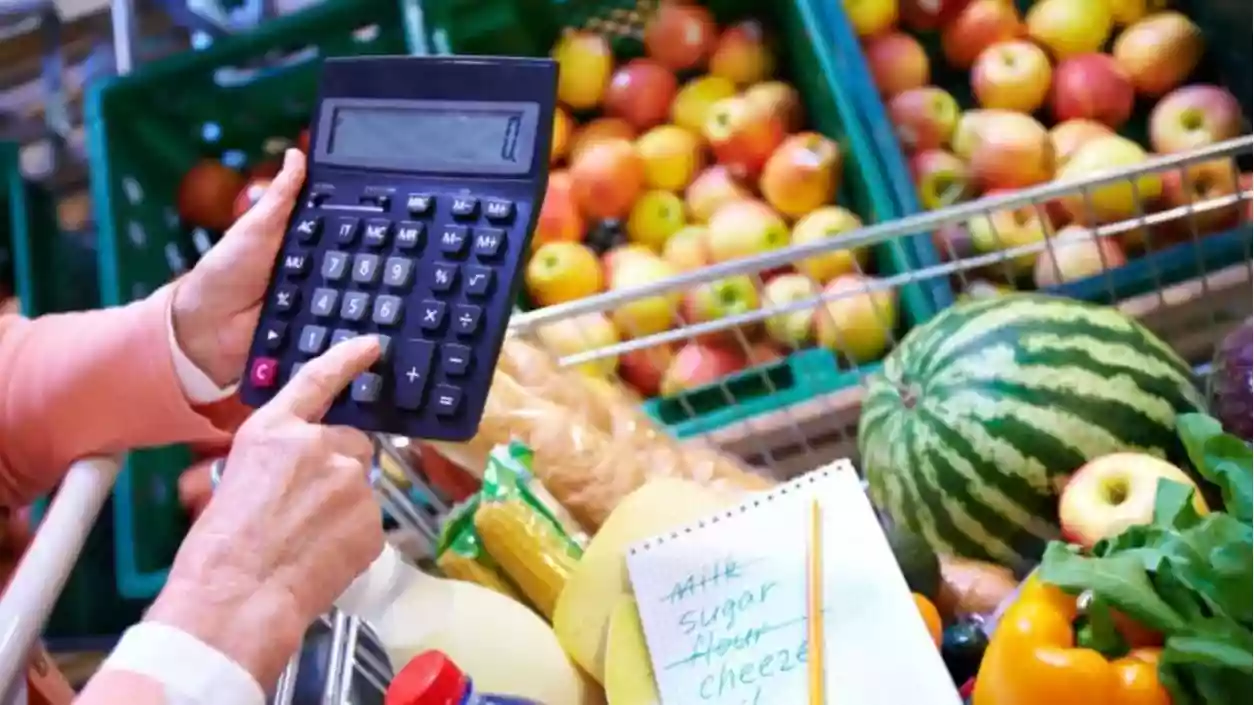.gif)
.gif)

India's wholesale inflation accelerated to 1.84% in September 2023, significantly up from 1.31% in August, as food prices surged, particularly for vegetables and cereals. This rise, reported by the government on Monday, contrasts with the 1.92% increase projected by economists surveyed by Reuters. Notably, the WPI saw a deflation rate of -0.07% in September 2022, highlighting the current inflationary pressure on consumers.
The spike in food prices was especially pronounced, with food inflation reaching 9.5% in September, compared to 3.26% in August. The data revealed that vegetable prices surged by a staggering 48.7%, rebounding sharply after a 10% drop in August. Prices of essential vegetables like onions and potatoes remain elevated, with inflation rates hitting 78.13% and 78.82%, respectively. Cereal prices also saw an increase of 8.1%, reflecting ongoing challenges in the agricultural sector, particularly due to adverse weather conditions impacting crop yields.
In addition to food, the manufactured products category showed inflation of 1%, down from 1.2% in August, indicating a slight easing in production costs. Meanwhile, the fuel and power sector experienced deflation, with prices dropping by 4.05%, compared to a decrease of 0.67% the previous month. This drop in fuel prices could provide some relief to consumers, but the global context remains challenging.
The Reserve Bank of India (RBI) is closely monitoring these developments as it navigates monetary policy amid rising inflation. In its latest monetary policy review, the RBI maintained the repo rate at 6.5%, shifting its stance from "withdrawal of accommodation" to "neutral." This change allows for greater flexibility in response to economic conditions while focusing on aligning inflation with the target without stifling growth.
The RBI's inflation forecast for the current fiscal year remains unchanged at 4.5%, but concerns persist regarding the trajectory of food prices and their potential impact on core inflation. The RBI projects inflation for the upcoming quarters at 4.1%, 4.8%, and 4.2%, respectively. The impact of geopolitical tensions, especially concerning crude oil prices hovering around $80 a barrel, adds another layer of complexity, given that India is the third-largest oil importer.
Experts warn that the ongoing rise in food prices, which accounts for 46% of the consumer price index basket, could prevent overall inflation from declining significantly. A recent Crisil analysis indicated that the cost of a typical vegetarian thali in India rose by 11% year-on-year in September, underscoring the financial strain on households.